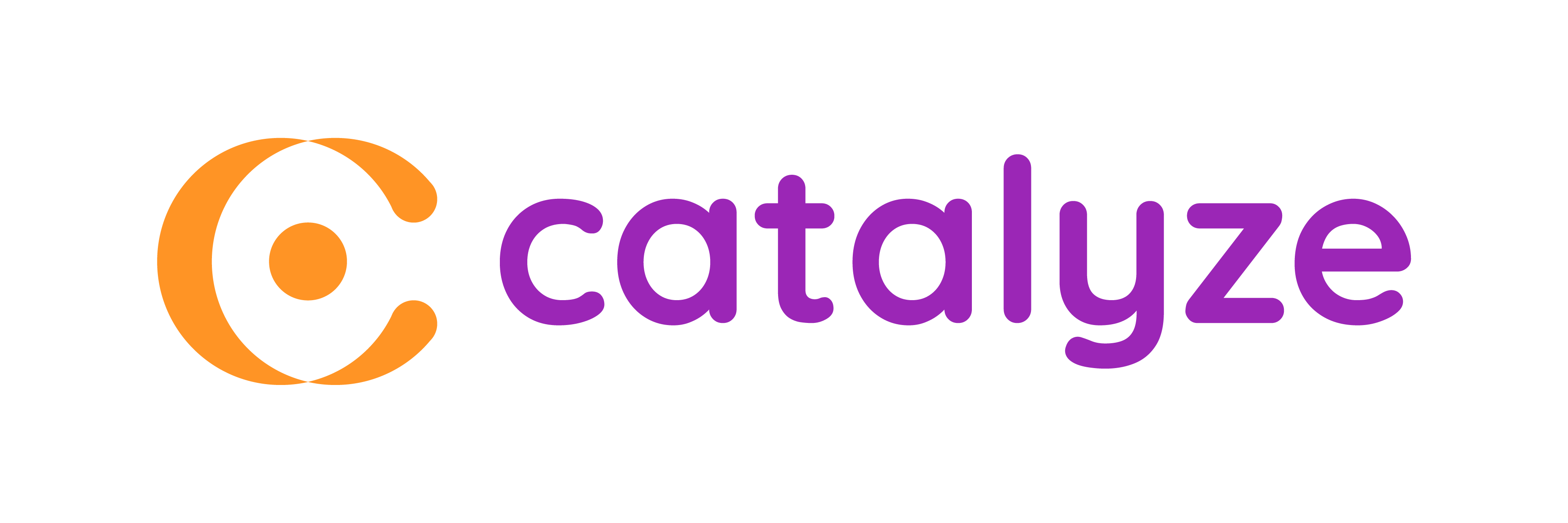The NEET process has undergone a number of changes and knowing what they are is essential to applying correctly, studying in the right manner and performing well in the examination. The right way to get all the information you need and also get the kind of coaching that will increase your chances of success is to join an online study resource that is specifically focused on enabling students to succeed in NEET.
Changes
The physics question you will have to answer will be on the following topics:
- Telangana and Andhra Pradesh have become part of the 15% all India quota scheme and candidates from these states do not have to submit the self-declaration form.
- Aadhaar Card is not mandatory to fill in the application, but some identity proof must be given.
- The limit on the number of attempts has been removed and candidates can attempt the examination until they reach the specified age limit.
- Open school, NIOS and private candidates are no longer eligible for NEET.
- There will be one set of question papers in all languages.
- The examination will be bilingual.
- Question papers will be the in following languages – Hindi, English, Gujarati, Marathi, Oriya, Bengali, Assamese, Telugu, Tamil, Urdu and Kannada.
Examination Dates
The following dates have been declared:
- Application form release- 01/11/2018
- Last date for submission of application form – 30/11/2018
- Admission cards will be available from – 15/04/2019
- Examination date – 05/05/2019
- Results will be announced by the middle of June 2019
Eligibility Criteria
- Candidates must be between 17 and 25 years of age. The upper limit is 30 years for SC/ST and OBC candidates.
- Indian citizens, Non-Resident Indians, Persons of Indian Origin, Overseas Citizens of India and foreign nationals are eligible for NEET.
- Valid Government identity proof must be submitted at the time of application. NRIs, PIOs, OCIs and foreign nationals can submit their passport details.
- Candidates must have passed the 10+2 examination or its equivalent as approved by the Government.
- Candidates appearing for any of the above examinations are also eligible.
- The subject for the qualifying examination should include chemistry, biology or biotechnology, physics and English which is compulsory.
Examination Pattern
- The examination will be offline in the pen and paper mode
- The questions will be of the objective type.
- The examination will be for a three hours duration.
- There will be a total of 180 questions – 45 questions for each of the four sections.
- Four marks will be given for each correct answer
- One mark will be deducted for each wrong answer
- The total number of marks available is 720.
Preparation Tips
Check All Details Carefully
Wherever you may apply for financial aid, ensure that you check all the requirements and eligibility criteria carefully. In some cases, there are long comprehensive application forms to be filled and qualification tests or examinations to be taken. Some colleges require an essay on a specific topic to be submitted or want letters of recommendation.








